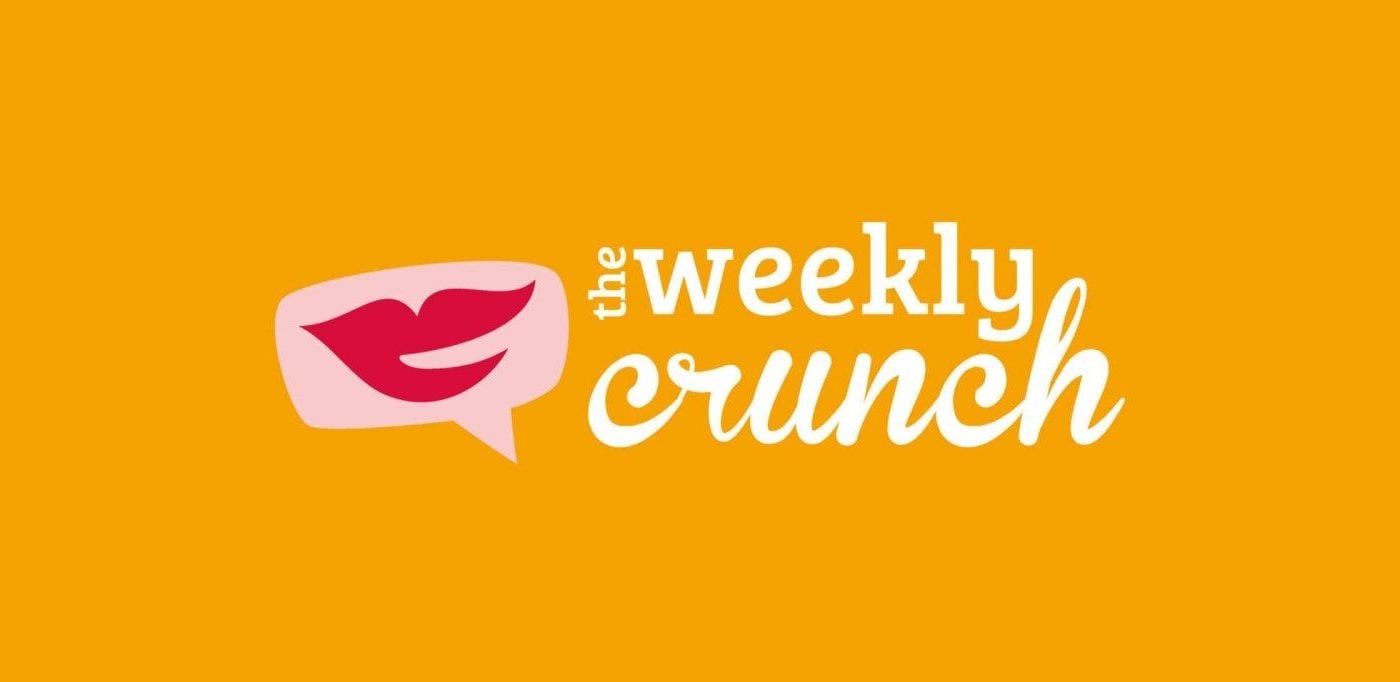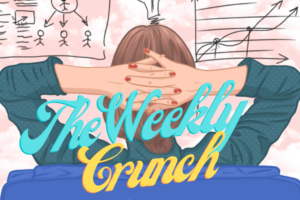Aspire Don’t Expire! Let’s Tear Up The Old Script
Stereotypes sometimes become self-fulfilling prophecies. Especially when it comes to ageing. We’re so stuck in the cult of youth that we believe we are finished at 40, and that every birthday makes us a worse version of ourselves. Award-winning journalist, author and TED speaker Carl Honoré has a different perspective on it (as well as many of us in midlife): ageing can be a bonus rather than a burden.
There’s never been a better place or time in human history to grow older. Time is what we need now; I feel like all the pieces are there – he says talking about his book ‘Bolder: Making the Most of Our Longer Lives‘-. The time has come to cast off prejudices and blur the lines of what is possible at every age. People are living longer and they are below the radar redefining ageing right across the board. We’ve got to narrow that gap between what people feel about ageing and what actually ageing is. That’s a cultural change and it takes time, but we are moving in the right direction.
Are we all ageist?
I came across his book only recently. What an inspiring one! ‘Bolder‘ is a radical re-think of our approach to later life and everything from education, healthcare and work, to design, relationships and politics. A call for society to become less ageist and for individuals to stop worrying about the process of ageing and wring every drop out of whatever time is allotted to us.
When I was younger – he confessed- I was so ageist. I had a dread of growing old. I had bought into that idea that you hit 35 and it’s just a downward spiral. I used to think of old people as just sad and cantankerous. But, if you look at the stats, the people with the highest levels of happiness and life satisfaction in Britain are the over-60s. That doesn’t take away from the fact that many people will be very unhappy, but the story we are told and that we tell ourselves is that everyone is unhappy. It’s always the worst-case scenario: that’s what we are contaminated by. It is ageist to stop people being able to do things, but it’s also ageist to make a big deal of it. Still having sex at 80, still making TV programmes at 90, even running marathons at 100? Why shouldn’t they be?
How to change the narrative about midlife
Honoré believes we can tear up the old script that locks us into learning in early life, working in the middle years and pursuing leisure with whatever time is left at the end but in order to do that it’s important being honest about our age – lying gives the number a power it does not deserve and reinforces the myth that younger is always better. We also need to keep on learning and experimenting (the adage that you can’t teach an old dog new tricks isn’t even true of dogs). Novelty keeps us energised and engaged. And, if we think growing older will be bad, it will be bad. Let’s be positive and focus on the upsides of ageing: feeling more at ease in our own skin; deeper relationships; more happiness, altruism, creativity, knowledge, experience.
Yes, ageing is inevitable, however, we have the potential to age better than ever before. We have the power to redefine what it means to grow old, but before we can change society’s mind, we have to change our own. But how can we give ageing an image overhaul? By sharing the visual landscape more evenly among the generations. By depicting later life in all its nuance, richness and variety.


